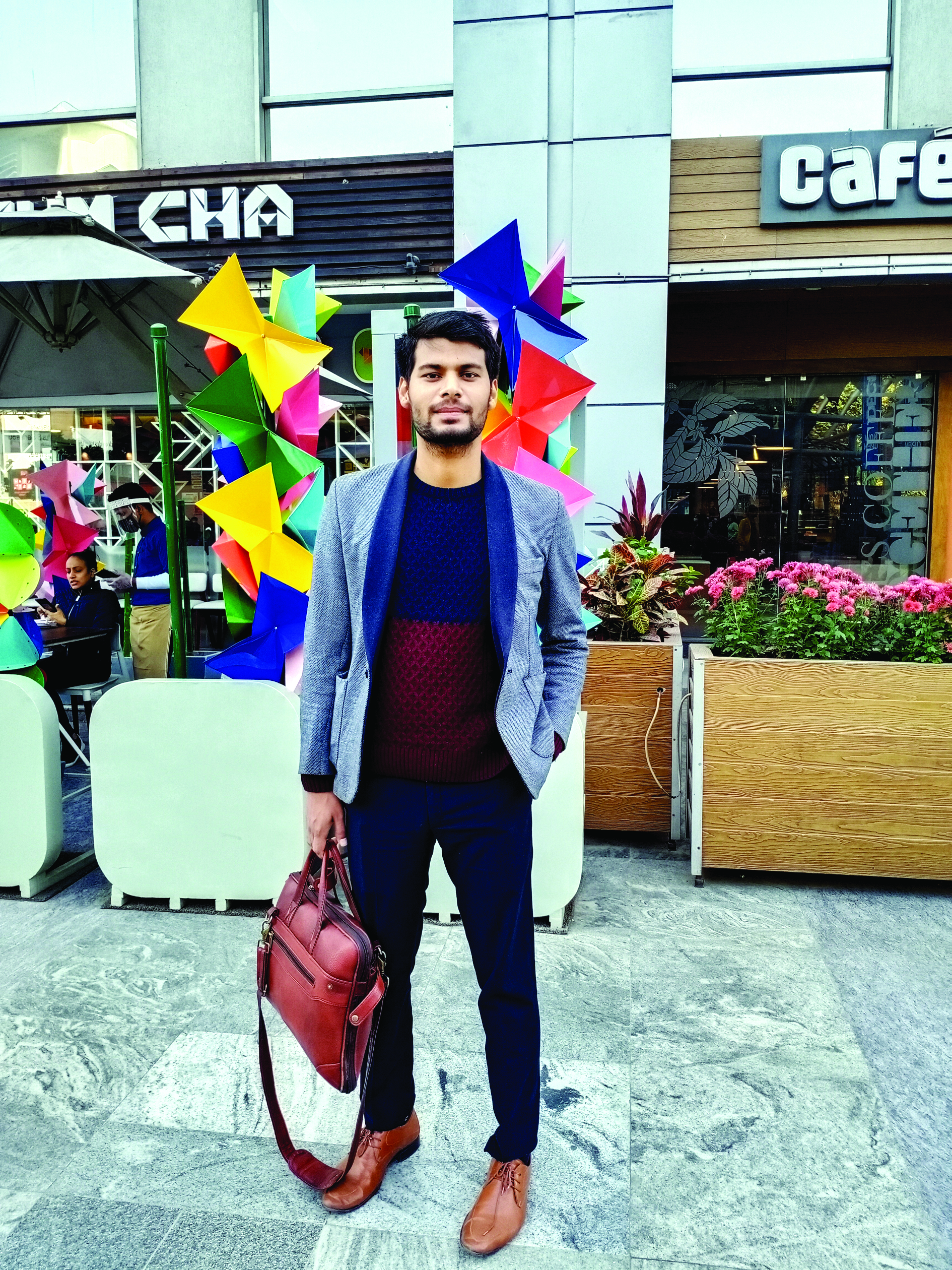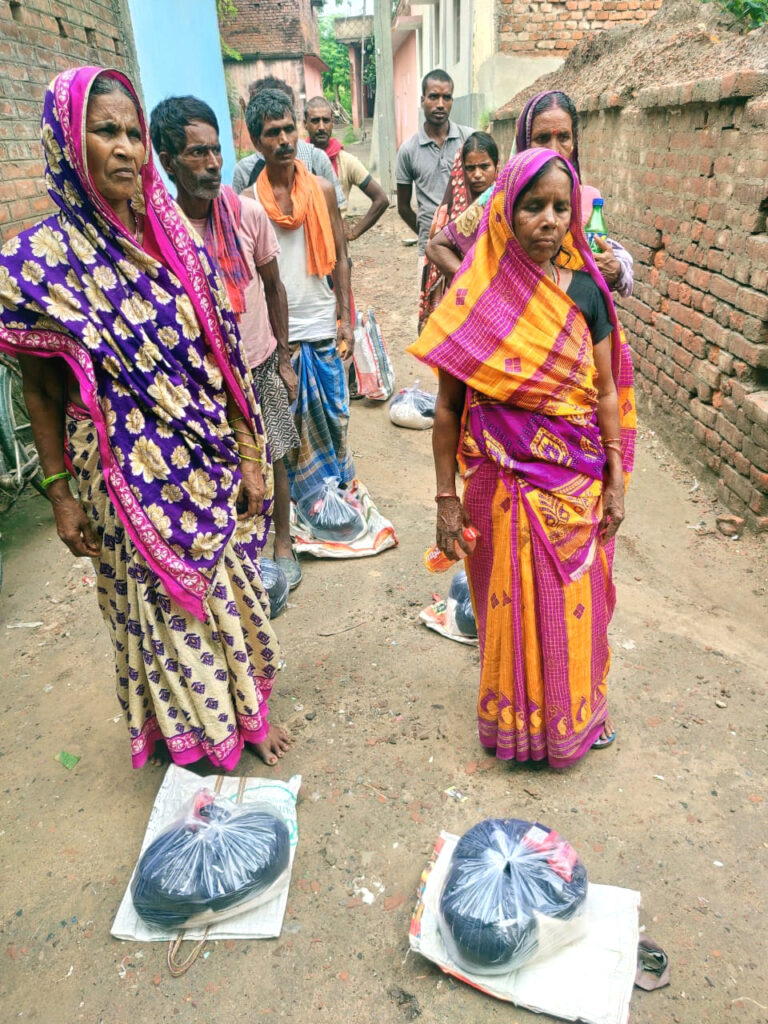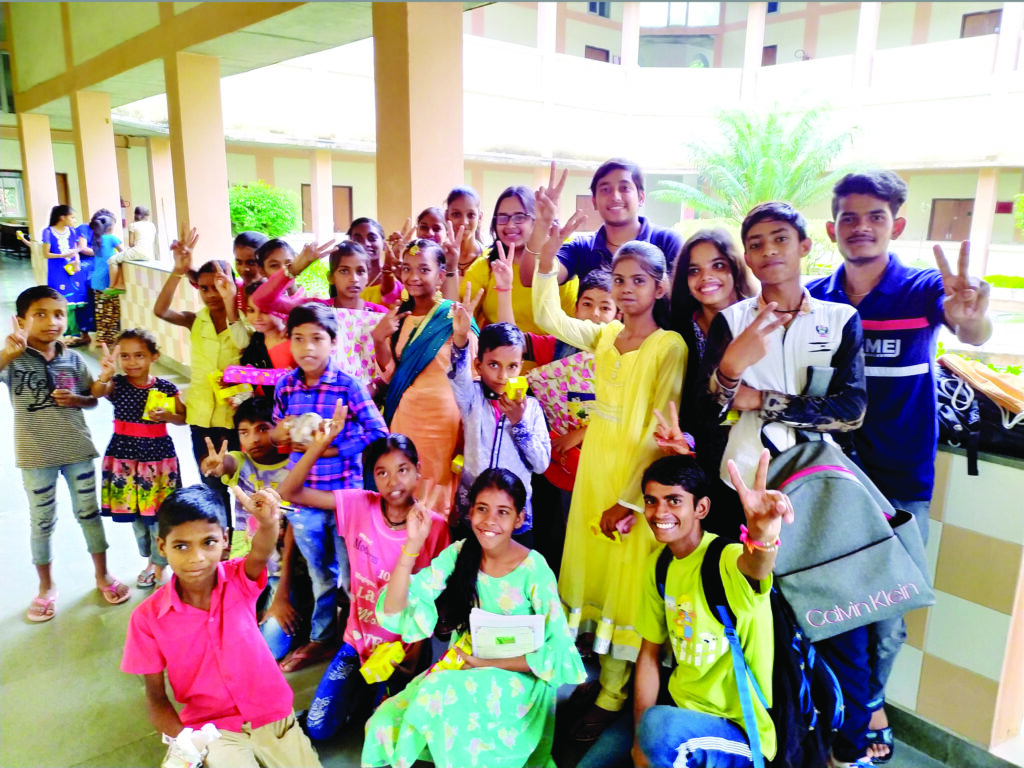“If a poor child cannot come to education, education must go to him” With every financial year passing by, the government spending in the field of education might have increased over the past few years but its impact has been negligible. This abysmal state of education has worsened during the COVID-19 pandemic. Over 1.5 million schools closed down due to the pandemic that has affected over 286 million children from pre-primary to secondary levels. In order to address these two issues related to our education system, Sakonsa Organisation, which started way back in 2015, launched some projects that have helped thousands of students and poor in Punjab, UP, and Bihar. The idea to start Sakonsa started in Chandigarh when the founder of Sakonsa, Naveen Dubey, who lives in Bihar, saw many children of his locality working in the factories day and night. Sakonsa always had only one aim, education is a right that must be provided to all, irrespective of socio-economic strata. Today, Sakonsa is a team of 300+ volunteers working relentlessly in Punjab, UP, and Bihar. So, let’s peep inside the working of the organization and their projects.
UNMGCY Project: The UN MGCY continues to engage in over 40 inter-governmental and 150 multi-stakeholder processes across the pillars and organs of the UN through mandates received from various general assembly resolutions and/or bilateral agreements and/or terms of reference of its specific entities. In 2020, Sakonsa Organisation was selected as the country leader to work with UN MGCY on the issue of migration and refugees. The project was led by Ritwik Mehta who is a Board Member at Sakonsa Organisation and a pre-final engineering undergraduate at Thapar Institute of Engineering and Technology (TIET), Patiala. Ritwik conducted consultations with local NGOs, academicians, researchers, refugees, and migrant workers from Assam, Bengal, and Jammu, and Kashmir. The country report was submitted to UN MGCY.
Digital Courses: Sakonsa Organization has developed multiple courses on hygiene, basic finance, economics, and using the internet and other digital media, in three languages – English, Hindi, and Punjabi. The course on dealing with fraud calls and how to get enrolled for various government schemes, has been specially developed for the village people. In our survey, our team found that many villagers are tricked by the fraudsters who loot them for making PAN Card, Aadhar Card, Bank Account and other such documents. “I have paid around Rs. 800 to a person who promised me that my Aadhar card will be made within a month and now I can’t find him” – An old lady living in a village of Patiala told us. There are numerous stories that forced us to make these courses.
Subscribe to read the full article:
https://www.magzter.com/IN/SANBROS-MEDIA/Urban-Melange/



